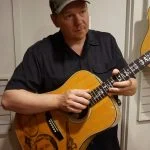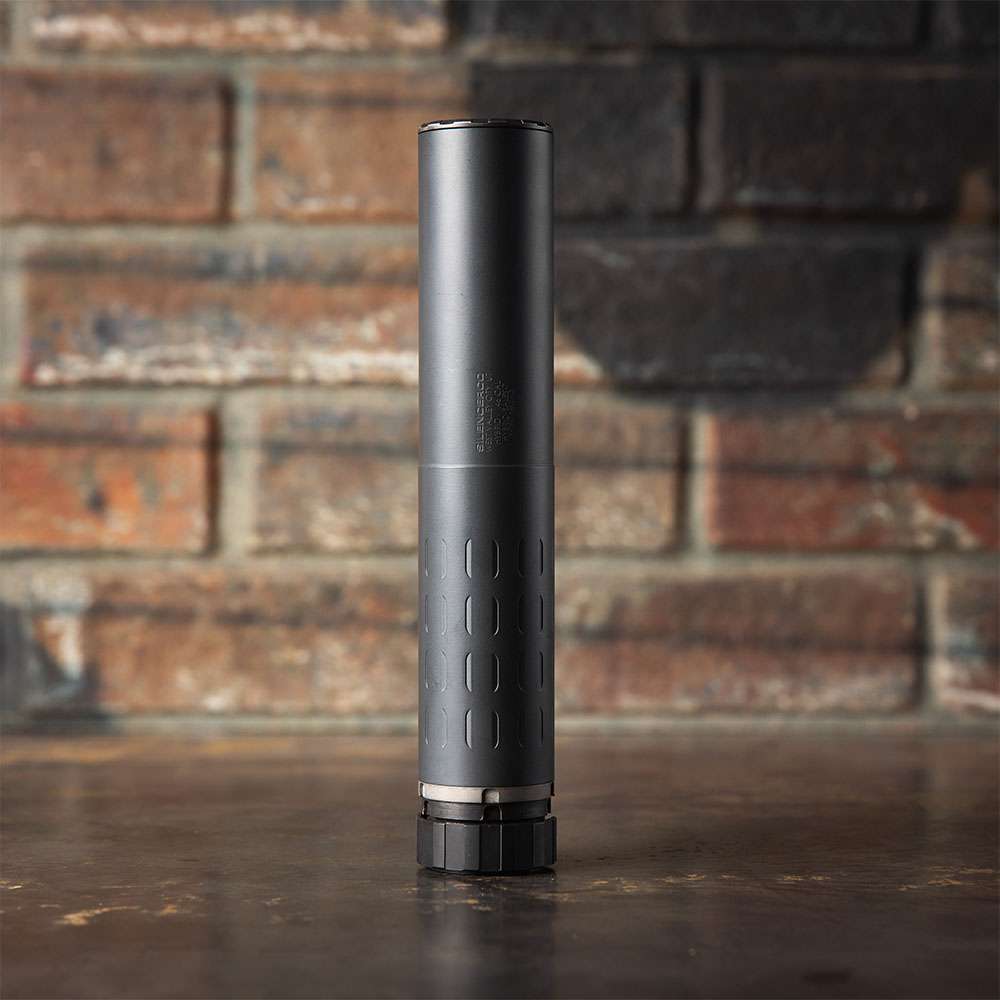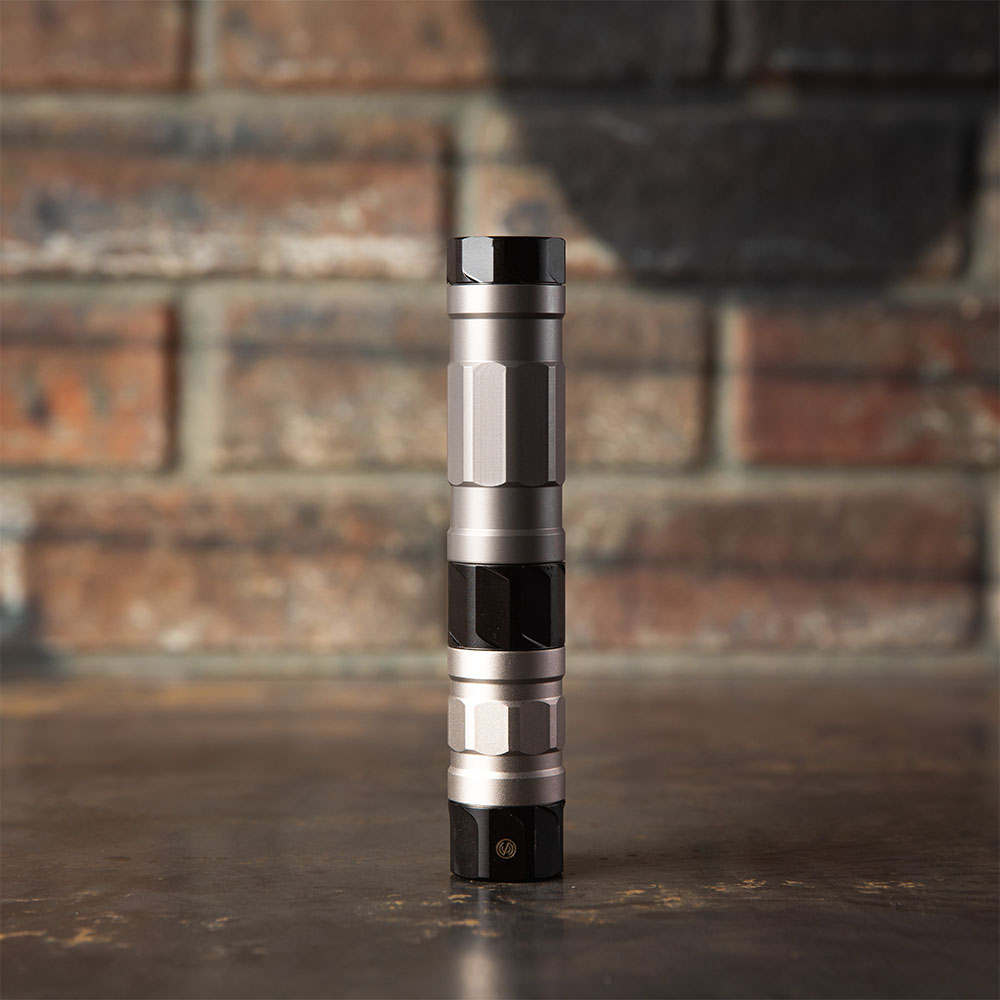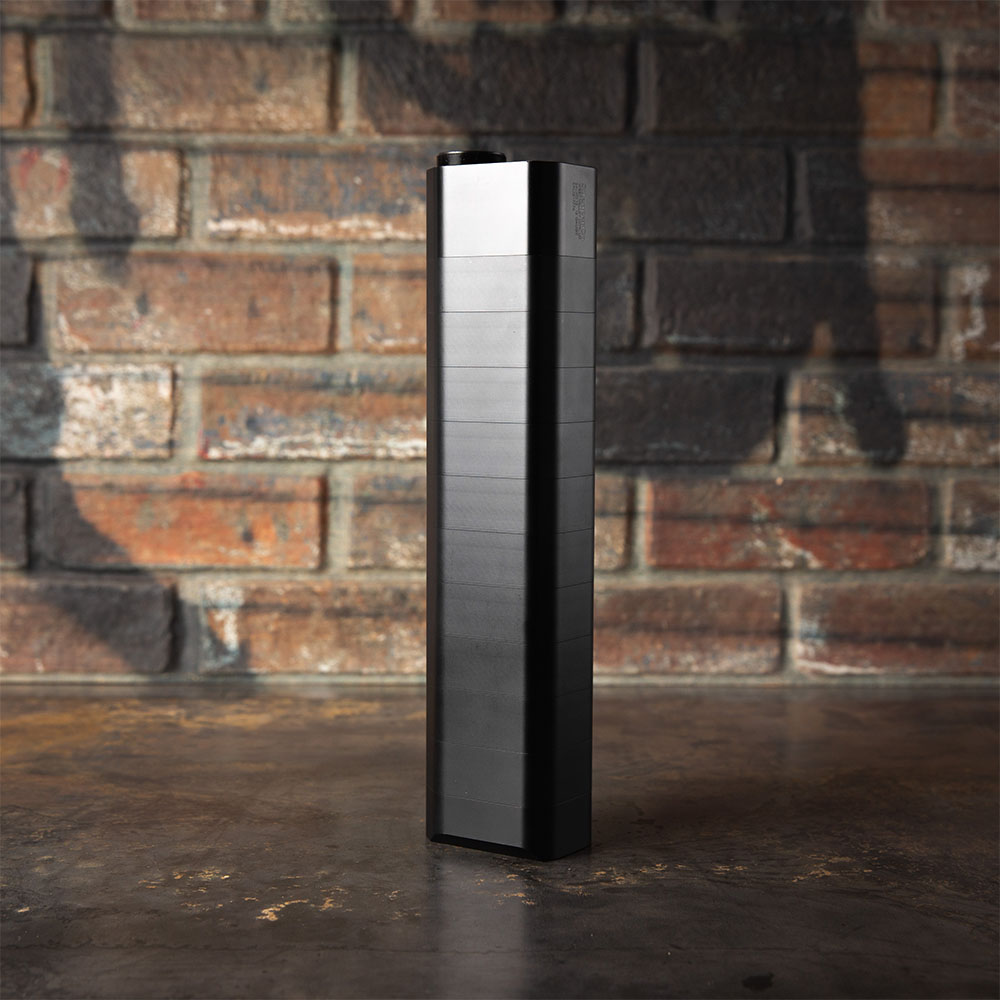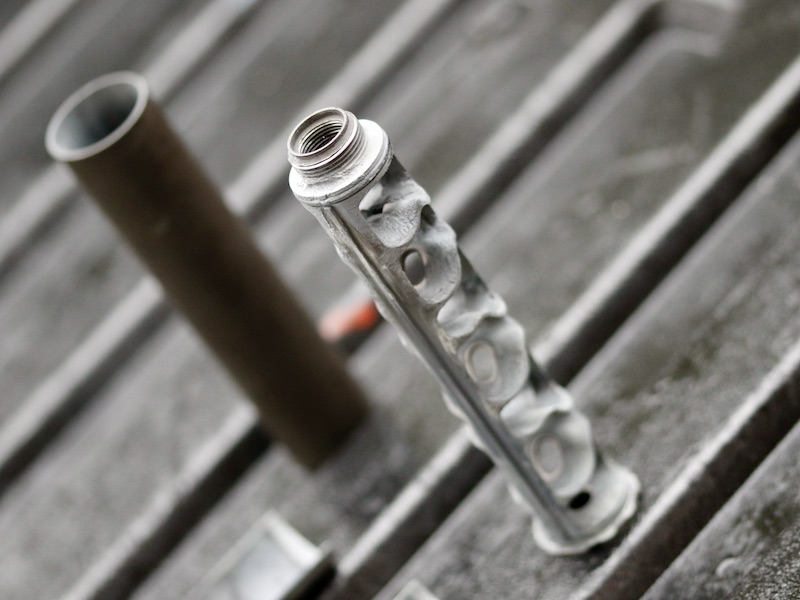What To Look For When Buying a Suppressor
Thank you for reading this post, don't forget to follow and signup for notifications!
Home
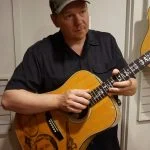
David Higginbotham
There are many reasons why you might choose to suppress a firearm. From the basic noise reduction on the range, to taking the edge off the recoil of a stout centerfire cartridge, silencers are surprisingly versatile. Here are some things to consider when buying a suppressor is your next step.
Caliber
What gun (or guns) do you want to suppress? Of all the choices available, this one may seem obvious. If you have a big Henry .45-70, you will need one that is large enough to accommodate the size of that monster bullet.
In most cases, you can go down in caliber size. You can fire 9mm through a .45 caliber can, for example, or .22 LR through a can that will accommodate .45-70, (but not the other way around).
If you want a versatile .30 caliber suppresser today, will that be enough tomorrow? Is this a dedicated silencer you plan to run on one gun, only, or will it be used for multiple calibers?
Pressure
Once you know the caliber basics, check out the pressure ratings. Not all suppressors are rated for magnum centerfire rounds. Some are only rated for pistol rounds or rifle rounds with lower pressures.
Silencers with lower pressure ratings aren’t inferior—they’re often lighter and shorter. While these could be seen as more limited in their applications, I prefer to look at them as more specialized.
Consider the pressure of rimfire rounds. Magnum rimfires produce much more pressure than .22 Shorts. And sustained rates of fire in full auto mode add heat and sustained pressures to the system—which is why you’ll find even rimfire suppressors will note when they’re rated for full-auto fire.
Size
While many suppressors have fixed lengths, some have short and long configurations. This is especially useful for those who suppress short-barreled rifles. The short-barrel is all about maneuverability in close quarters. Adding a long suppressor may be counterproductive. Look for one that fits your needs or allows for modular adjustments.
The same can be said for long hunting rifles. While nothing beats the muted sound of a kill shot in the early morning dawn, adding a long suppressor to a long rifle barrel can complicate a stalk hunt through thick brush.
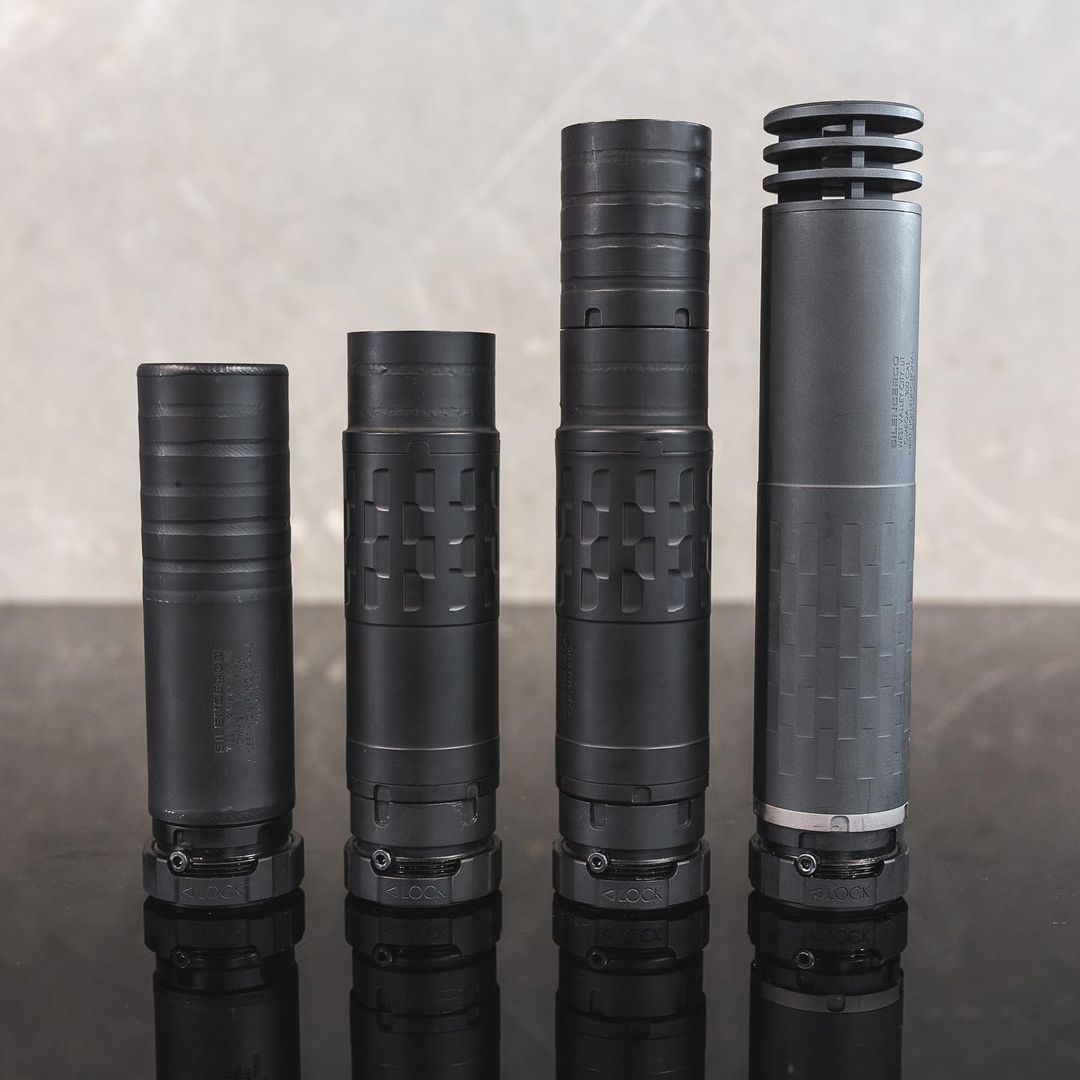
Weight
Adding a suppressor to a rifle, pistol, or even a shotgun will change the way it balances. Consider how much weight you are adding to the platform. Are you hunting from a deer stand and it doesn’t matter much? Will you have the space to get your suppressed shotgun clear of a blind? How will that extra mass on your handgun change its recoil impulse and alter your split times?
The answers to all these questions, of course, come from training. That’s half the fun, here. Active training in realistic conditions is invaluable in preparing any marksman’s skill set.
User Serviceability
Will you need to take apart your silencer to clean it? Some designs, especially those associated with rimfire calibers, allow for disassembly—and for good reason. Rimfire rounds, as well as unjacketed/uncoated cast lead rounds, tend to produce fouling that can gum up the works inside a suppressor.
Centerfire rounds, though, stir more debate. The pressures generated by a centerfire can blow out any debris or fouling from a suppressor (they’re often described as self-cleaning). Also, round counts are markedly lower (on average) on these guns. Even with bog standard 7.62×39, you won’t need to disassemble and clean out the silencer as you might with a .22 LR.
Ultimately, I break this down based on an abstract combination of the pressure generated by the round, my anticipated round count, and bullet materials. I prefer the option of serviceability for rimfire and pistol caliber firearms that I shoot constantly or use for lead cast ammo.
Material Construction
This can get fun for those who like to geek out over tech specs. Silencers are a bit of a sticky-wicket from an engineering perspective. They need to be light and strong. They need to resist corrosion and extreme fluctuations of heat, too.
Steel and aluminum are tried-and-true, work exceptionally well, and—from a raw material perspective—are both readily available. Steel is strong and aluminum is light.
Titanium is strong and light and offers exceptional performance properties. Titanium is a go-to for weight conservation, making this a top choice for silencers designed to be carried in the field for long periods of time.
Inconel is another choice that has become a staple in silencer design. Inconel is an alloy of nickel and chromium and is exceptionally stable, even when heated to extremes. Inconel is often used when rugged durability is a defining factor.
If you geek out over metallurgy, this is a rabbit hole you can completely disappear into. For those who could care less about the material and only care about the performance, know that all these materials will—with a minimal amount of care—outlast all of us.
Trust or no trust?
This is an evolving conversation. As it will deal with legal matters, the decision to establish a trust or not can often be daunting. This is where many would-be silencer owners get flummoxed and walk away.
You have two primary choices for how to initiate a purchase: as an individual or as a legal trust. The main considerations here relate to how you intend to use the silencer and what happens to it, legally, upon your ultimate demise.
As an individual, you can buy and use a suppressor, travel with it (where doing so is legal)—everything you’d expect as an owner. As the registered owner, though, you have limitations on who else can possess the silencer. You can’t loan your suppressor to a
friend or relative unless you are there to accompany it. And—no way around the morbidity of this topic—when you pass, your estate will have a headache to deal with even if you have a named beneficiary.
Registering as a trust allows you to add others to the trust. These other people can possess and use the can at your discretion. And you can name, in your trust documents, who the silencer (and trust) will pass to when that time eventually comes.
Silencers can also be registered to corporations. This is another tier of paperwork that isn’t available to those who aren’t already affiliated with an incorporated business entity.
This is a much longer conversation, of course, and one that is best begun by casual research like this. Do your due diligence. When in doubt, seek expert advice.

How To Make Your Suppressor Purchase
Finding information about silencers has never been easier. Likewise, buying a can has become far less cumbersome. The new electronic Form 4 process has made it even easier.
That said, you will need to decide where to make your purchase. Many brick-and-mortar FFLs handle these transactions and can walk you through the paperwork. Do your due diligence. Almost every city in the country has a dealer who specializes in this. When in doubt, look for a 01 FFL with a Class 3 SOT.
There are online shops, too, like that specialize in the sale of suppressors. The teams at these retailers are highly specialized—it is all they do.
Ultimately, how you want to handle the establishment of a trust (or not) may be your guide. Online shops may offer trust services as part of the buying process, while most of your local shops won’t.
No matter which path you choose, or which material, or which size… this is a lasting decision and one that will change the way you think about firearms. Just like with any other firearm decision, there will be experts available for consultation, if you need extra help.

David Higginbotham
The post What To Look For When Buying a Suppressor appeared first on SilencerCo.


